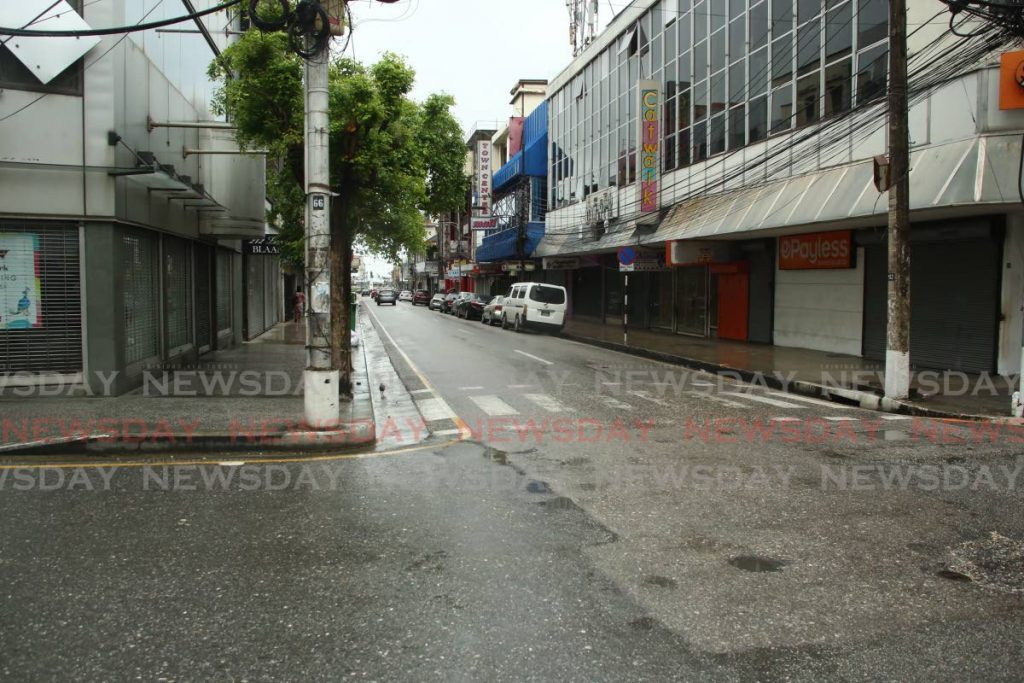Lockdown, a second chance we must not waste

kmmpub@gmail.com
It is now almost exactly a year since our first lockdown was announced. Do you remember how you felt on that day? Where you were?
When the lockdowns were first announced, it triggered this huge adrenalin rush that lingered for months. The first reaction was to do something, anything (ironically, given that the best defence against the virus was to stay home and do very little). My business partner and I went on a mad blitz running around to make sure we had everything, buying everything from motorbikes to packaging to stationary.
The wartime spirit was kindled. That initial spurt was one of the most intellectually stimulating periods of my life. When my mentor, rang me up to draft me into the “transformation” sub-committee of the PM’s Road Map to Recovery from Covid19, it really did feel as though one had a very real and immediate responsibility to shoot out new ideas and new policies, and have them rigorously tested (those four-hour Zoom meetings still give me a bit of post-traumatic stress). It is always a lot harder to draft policies than to criticise them.
At the same time, many of my friends were rallying. I was drafted into innumerable WhatsApp groups doing everything from designing ventilators, sourcing liquid rubber for gloves in Malaysia, reading children bedtime stories, and finding ways to support musicians and artists. I know so many people who finally, through necessity (losing their jobs) or opportunity (having been fortunate enough to be in technology) suddenly found their resolve and finally “did the thing”.
As an entrepreneur in health technology it was bizarre. One the one hand what we were doing overnight became the focus of the entire world’s efforts – opening lots of opportunities – with virtual meetings levelling the field for people from smaller countries. But on the cusp of launching our company, I watched the deadlines stretch into the horizon as one international software engineer after the other caught covid19. With losses mounting, it felt for some time as though I was trapped in a terrible limbo.
Back home, particularly during the earliest part of the lockdown, I was forced into closer contact with family stressed about everything- will our customers be able to afford to pay, who is going to cook and clean that day.
Trapped in close quarters, with some in quarantine, amid the heights of paranoia about what might carry the virus, and constant tallies of rising numbers – it drove me to excess. I consumed vast quantities of coffee, almost subconsciously wanting to fuel my anxiety. This mad adrenalin co-existed with isolation- bringing on bouts of sentimentality, listening to sad music and dredging up old concert tickets.
A year on, when I decided to take stock for this piece, the first impulse was actually to feel a bit exhausted. After all, with cases mounting and a new lockdown announced almost a year to the date, it can feel as though we’ve been running round in circles. When I walked into a restaurant to pick up a late lunch just after the PM’s speech, the waitresses were sitting quietly crying.
But make no mistake – a huge amount has changed. I so desperately wanted to launch the company – but it almost felt anticlimactic when we did – the work was just beginning! For me, covid19 brought out the natural extremes of my personality and tested it. It has left me at once kinder, and more unsentimental. More forgiving, but more willing to swiftly abandon things that aren’t working.
As one of my friends (an accomplished entrepreneur) put it recently, we mostly value people with whom we have shared pasts, turning to them for comfort. Yet increasingly, what matters more for him are people who he can envisage shared future experiences.
A year on, we mustn’t fall pray to despair. The rich world is already seeing their GDPs rebound, in some cases spectacularly. The pent-up energy that we have will eventually be released on the world – launching us into the new roaring twenties.
Ironically, our relative success at managing the virus has allowed many people to delay change in their own lives, lulling us into a sense of complacency.
We must not waste this second chance to adapt to a new world – one which harnesses technology in all its forms to make us more human, and give us the time to be kind.
We must rally the wartime spirit and redouble our efforts to change. To buckle down, finish that book, call the girl, build the app, and pull out all the stops to keep your business going.
Kiran Mathur Mohammed is an economist and co-founder of medl, an IDB lab-backed social impact health tech company.


Comments
"Lockdown, a second chance we must not waste"